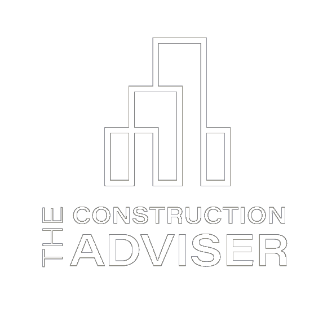
The property industry in Australia is facing a crisis. Despite a booming economy, companies are grappling with a significant skills shortage that threatens growth and stability. This shortage is reflected in rising salaries and a decrease in the number of businesses reporting positive performance. Amidst these challenges, employers must adapt and strategies to attract and retain their talent.
Understanding the Challenge
The latest Property Industry Remuneration Report from Avdiev Report and Job and Skills Australia’s inaugural report, highlight the intensifying skills shortage in the property industry. Key positions such as construction site roles, architects, and fund managers are particularly hard to fill. The demand for skilled workers continues to outstrip supply, driving up salaries and making recruitment increasingly competitive.
Factors Contributing to the Skills Shortage
Several factors contribute to this shortage. High inflation rates, rising costs, and increasing interest rates are challenging businesses. Additionally, the cost-of-living pressures, exacerbated by inflation and interest rate rises, are prompting employees to seek higher wages. Companies are finding it hard to strike a balance between attracting new talent and retaining their existing workforce. According to Mercer, Australian employers budgeted a median 3 per cent salary increase during 2023. Specifically, the position of Project Manager/Project Consultant has a total remuneration national median of $126,900, with a 6 per cent median increase up to September 2023. While a building, Design & Construction, Site Supervisor makes $175,000 with a 4.3% median increase.
Strategies to Avoid Skills Shortage
- Invest in Coaching, Training and Development: One way to mitigate the skills shortage is by investing in training and development programs. Upskilling current employees can bridge the gap between demand and supply, ensuring that the workforce is equipped with the necessary skills.
- Foster Collaboration with Educational Institutions: Building partnerships with universities, colleges, high schools and vocational training centres can create a pipeline of skilled graduates. Internship programs and collaborative projects can help students gain real-world experience while allowing companies to identify and nurture potential talent.
- Implement Flexible Work Arrangements: Offering flexible work arrangements, such as remote work options or flexible hours, can attract a wider pool of candidates. This flexibility appeals to skilled professionals seeking a better work-life balance.
- Competitive Compensation Packages: To remain competitive, companies must offer attractive remuneration packages. Benchmarking salaries against industry standards and providing performance-based incentives can make job offers more appealing.
- Improve Company Culture: A positive workplace culture can be a significant draw for potential employees. Companies that foster inclusivity, diversity, and employee well-being are more likely to attract and retain top talent.
- Streamline Recruitment Processes: Lengthy and cumbersome recruitment processes can deter potential candidates. Streamlining the hiring process, from application to onboarding, can help companies secure skilled professionals before competitors do.
- Embrace Technology: Adopting innovative technologies, such as artificial intelligence for candidate screening or virtual reality for training, can make the recruitment and training processes more efficient and appealing to tech-savvy applicants.
Looking Ahead
While the challenges posed by the skills shortage are significant, they are not insurmountable. By proactively addressing these issues and implementing strategic solutions, companies in the property industry can navigate the current landscape successfully. Investing in talent acquisition and retention strategies is not just an operational necessity but also a critical step toward ensuring the long-term sustainability and growth of businesses in this dynamic sector.
Reach us at info@tcadviser.com.au if you're searching for a great place to work and have expertise in engineering or construction management.
read more articles

